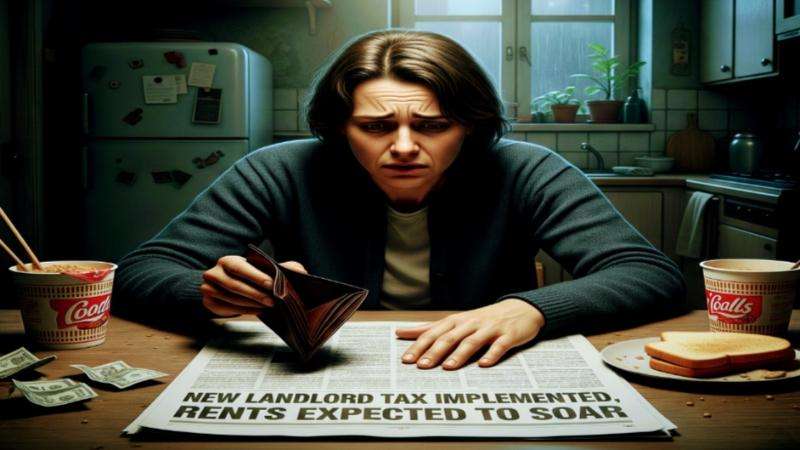The Proposal: A New Levy-Currently, rental income is not subject to NICs, as it is largely considered a form of passive investment income, not employment or self-employment earnings. However, a new levy would effectively create a new class of National Insurance, applying a charge to rental profits. Proponents of the plan argue that it would make the tax system fairer by targeting what they see as "unearned income" and aligning the tax burden on landlords more closely with that of employees and the self-employed.
The potential revenue, estimated at around £2 billion, is a significant sum for a government grappling with a challenging fiscal environment and seeking funds for public services. Allies of the government also suggest the move would not violate a commitment to not raise the basic, higher, or additional rates of income tax, employee national insurance, or VAT, as it would be an expansion of the tax base, not an increase in the rate itself.
Daily Dazzling Dawn Analysis:
The Good (Government's Perspective)
Significant Revenue: The policy could provide a substantial financial boost to the Treasury, helping to fund public services or allow for other tax cuts for voters.
Tax Fairness: It would be a step towards aligning the tax treatment of passive investment income with that of earned income, addressing a perceived inequality in the system.
Political Framing: The government could frame the tax as a way to target wealthy landlords and ensure everyone is contributing fairly, a popular stance with some voters.
The Bad Impact on Landlords and Renters-
Higher Rents: The most significant and widely feared consequence is that landlords would simply pass the additional tax burden directly onto their tenants. This would lead to higher rents, further squeezing household budgets and worsening the ongoing cost of living crisis.
Decreased Housing Supply: Faced with reduced profitability, some landlords, particularly smaller-scale ones, could be forced to sell their properties. This would shrink the supply of available rental homes, intensifying competition among tenants and driving rents even higher.
Discouraged Investment: The new tax could make the buy-to-let market less attractive to potential investors. This would reduce the inflow of new rental properties and negatively impact housing supply in the long run.
Complexity and Uncertainty: The creation of a new class of NICs would add another layer of complexity to the UK tax system for landlords, many of whom are not full-time property managers.
The debate highlights a core tension in the government's approach: how to raise revenue without penalizing ordinary people. While the tax may be politically appealing, its real-world impact on the already strained rental market is a major concern for both renters and housing advocates.








.svg)



_2.jpg)